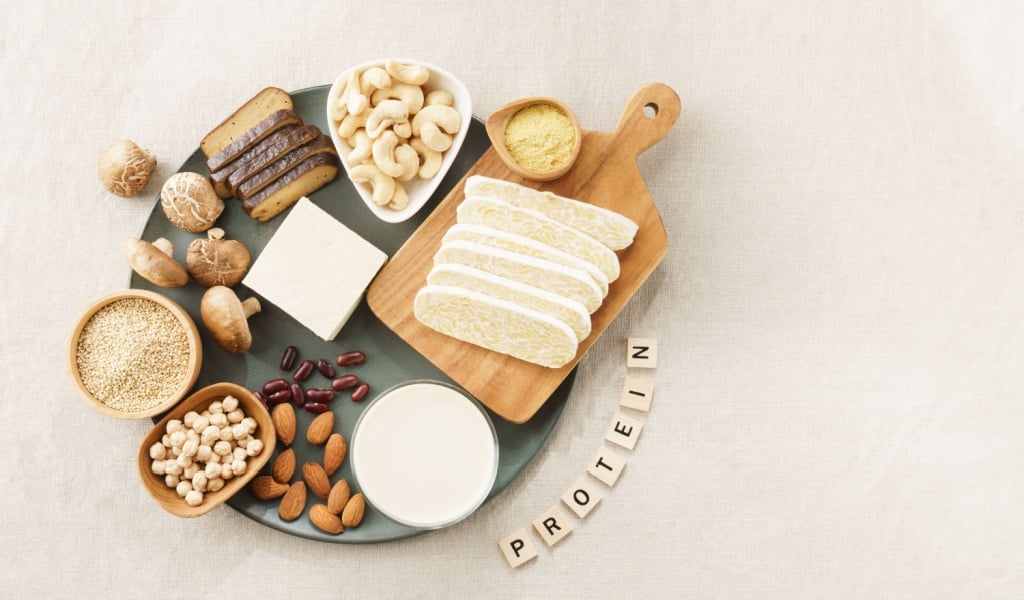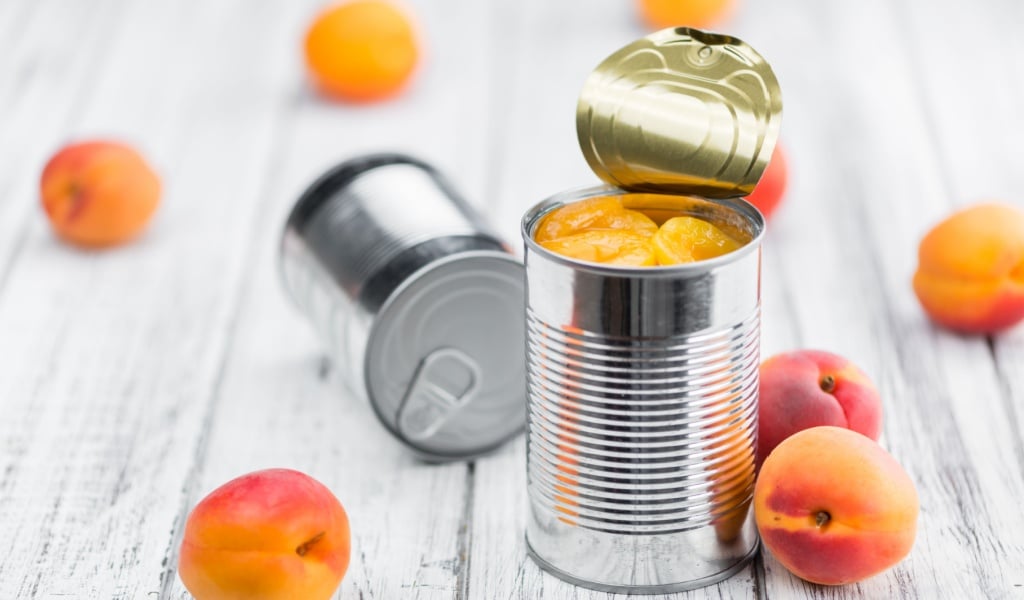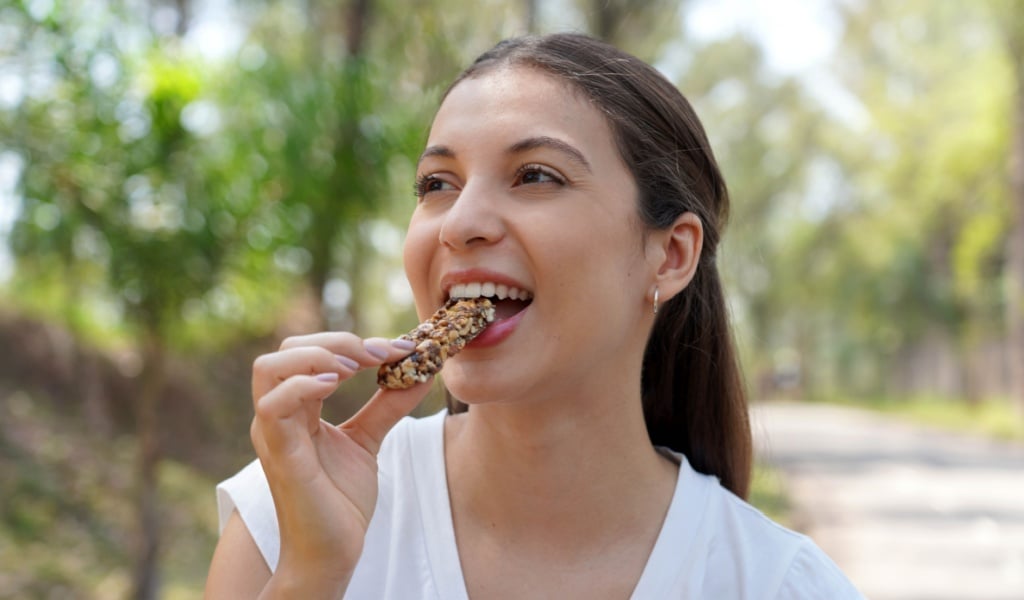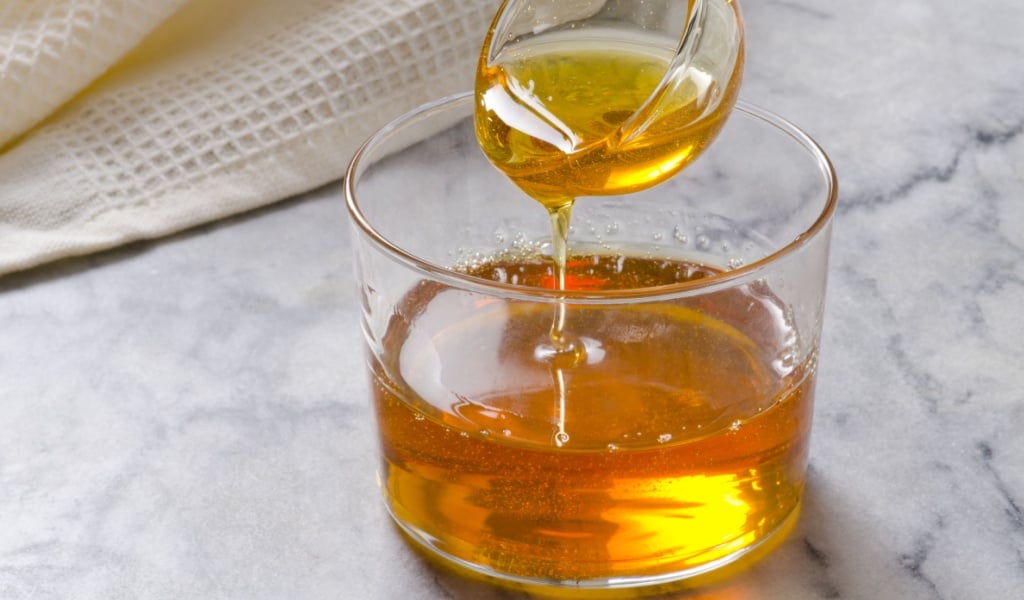The stereotype of the ‘skinny vegan’ is so widespread that most people find it almost impossible to believe that a strong, muscular person can be a vegetarian. Primarily, this misconception can be attributed to the idea that one needs to consume a large amount of animal protein to build strength and muscle and that proteins are only found in non-vegetarian food sources.
This myth has become so ingrained in our culture that it’s difficult for people to transition to a plant-based diet, as they fear they won’t get enough protein in their diet. It’s worth noting that, until recently, individuals who primarily followed a plant-based diet were indeed relatively slender. However, it’s also fair to say that these individuals typically chose animal-free diets for ethical or health reasons, so their focus was not on building large muscles.

Protein may not be the first nutrient that pops to mind when you think of vegan food, causing many to wonder where vegans get their protein from. But in countries where meat isn’t a staple, protein comes in the form of nuts, tofu, peas, lentils, and so on.
Fortunately, the plant kingdom is rich in high-protein foods. Those who are looking to build muscle on a plant-based diet need to educate themselves on which foods to include in their diet. As a bonus, there are many other significant advantages as well.
Protein-Rich Vegan Foods To Include In Your Diet
Soybean
Men are sometimes hesitant to include soy protein in their diet because it can reduce testosterone levels. However, this is only true if soy is consumed in massive amounts. If you keep your intake of soy protein within a limited threshold of 20g per day, it can be beneficial for both men and women.
Soy protein can be found in tofu, soy milk, and soy flour. It’s highly digestible and serves as a rich source of iron, fiber, omega-6 fatty acids, calcium, and other essential nutrients.
Lentils, Pulses, Beans
Lentils, beans, and pulses are rich in iron, which helps transport oxygen throughout the body, thereby improving metabolism. They also promote the slow release of energy, helping regulate levels throughout the day.
Nuts & Seeds
Nuts and seeds are some of the best sources of protein available to those following a plant-based diet. Peanuts are a rich source of protein, but they also contain fats. When consuming peanuts as a protein source, be aware of their fat content as well. Other nuts, such as almonds and walnuts, are also rich in fat and micronutrients.
Pumpkin seeds, sunflower seeds, and chia seeds are rich in protein and versatile. Special mention must be given to hemp seeds, which are not only a complete protein but also full of fiber and heart-healthy fats.
Vegetables
Vegetables are rich in micronutrients that support muscle growth. While most vegetables don’t contain a significant amount of protein, some, such as spinach, Mushrooms, Broccoli, Peas, Kale, and Brussels sprouts, are good sources of it for vegans and vegetarians. Be careful not to overcook these vegetables, as this can cause them to lose their nutritional value.
Quinoa & Amaranth
Originally cultivated in South America, Quinoa is a gluten-free whole grain. It is rich in protein and also contains all nine essential amino acids, in addition to complex carbohydrates. Quinoa has a lovely, creamy, and nutty taste, too, making it a great addition to your diet.
Amaranth is a similar, gluten-free, protein-rich grain that contains many micronutrients and possesses anti-inflammatory properties.
Tempeh
Tempeh is a fermented soybean cake that serves as a rich source of plant-based protein and vitamins. Due to the fermentation process involved in its preparation, the nutrients are also more bioavailable.
Seitan
Seitan is a high-protein meat substitute that is made from wheat gluten. Apart from its gluten content, it is best known for having the closest resemblance to meat protein in terms of taste and texture. Seitan contains small amounts of iron, calcium, and phosphorus, as well as more significant levels of selenium.
Spirulina
Spirulina, a blue-green algae, is an excellent source of vitamins, minerals, antioxidants, and protein, and has long been touted as a superfood – and rightfully so. It also contains high amounts of magnesium, riboflavin, manganese, and potassium, as well as numerous other vital nutrients for the human body. Furthermore, Spirulina is also a good source of essential fatty acids.

How To Make a Plant-Based Diet Taste Great?
Whoever said that building muscle on a vegetarian diet is a tedious task? Plant-based foods don’t have to be bland — you just need to get creative with your meal preparations. With proper preparation and the right ingredients, you can enjoy healthy and tasty meals while still meeting your protein goals. Here are some ways to boost protein content in your daily meals.
- Throw in some seeds and nuts for a crunchy, protein-rich salad or fruit bowl.
- Incorporate soy yogurt into your smoothie bowls or snacks for a delicious addition. Since yogurt is very versatile, you can add it to almost anything to enhance the flavor and increase the protein content.
- Make homemade granola with oats, nuts, and seeds for a perfect breakfast cereal or midday snack. It’s crunchy, fresh, and delicious, not to mention chock-full of protein, fiber, and healthy fat.
- Make mock “chicken” nuggets, meatballs, or burgers with seitan. You won’t be able to tell the difference!
Advantages of Embracing a Plant-based Diet
Plants are rich in nutrients, and a vegan diet can not only help build and maintain muscle but also protect new tissues. Some more advantages of eating plant-based foods include:
- Increased energy and stamina to push through challenging workouts
- Increased blood flow, which provides muscles with more oxygen and transports nutrients needed to prevent and heal injuries.
- Better muscle efficiency to squeeze out more reps.
- Lesser inflammation and faster recovery times between workouts.
Final Thoughts
A great thing about plant-based food is that it usually contains fewer calories by volume when compared to animal-based food. This means you can eat more and feel fuller without gaining more body fat as you would if you were consuming a non-vegetarian diet.
Numerous successful athletes and bodybuilders have demonstrated that building and maintaining muscle on a plant-based diet is feasible. It’s refreshing that the outdated myths about plant-based diets are slowly disappearing, making way for the possibility of strength and muscle building on a plant-based diet.



